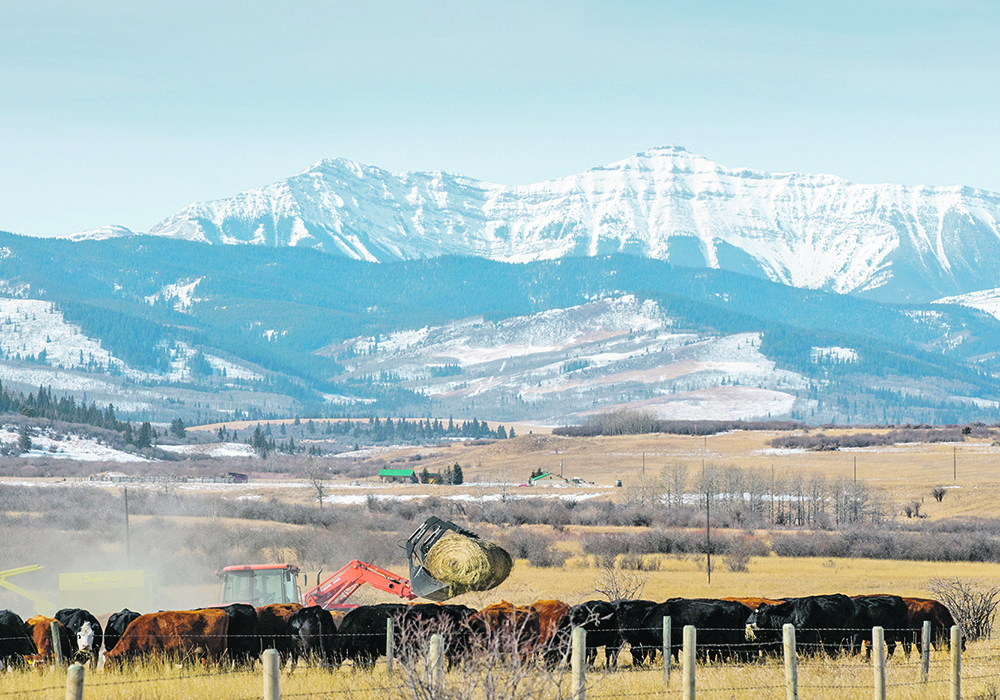On an early 1970s university field trip to the coal strip mines of British Columbia’s Elk Valley, a small group of us listened in disbelief to a mining engineer’s description of how they were levelling one of the mountains.
Somewhat in shock at this cavalier attitude, we asked if this was wise, environmentally, ethically and perhaps in the back of our minds, spiritually to do this.
His response was equally shocking.
“Look around,” he said. “We have so many mountains in B.C., we won’t miss one.”
Read Also

Farmer ownership cannot be seen as a guarantee for success
It’s a powerful movement when people band together to form co-ops and credit unions, but member ownership is no guarantee of success.
He had a point. B.C. is mostly mountain landscapes and, in his mind, had a surplus of them. But Alberta isn’t in that enviable position. Our share of the Rocky Mountains and their foothills is meagre by comparison. In contrast to B.C., we depend much more on our Eastern Slopes, especially as a primary water source.
Maybe our reverence for the Eastern Slopes started before Alberta was a province with federal bureaucrats like William Pearce and J. B. Harkin.
They ensured most of the Eastern Slopes were set aside from settlement — for national parks, as game reserves, for watershed protection and as a timber source.
The Eastern Slopes Policy of the 1970s cemented in Albertan’s minds that these landscapes were important, that they had to be protected and properly maintained and that it was a matter of public trust that they were maintained.
Whether through history, experience or perhaps osmosis, Albertans have come to view the Eastern Slopes as sacrosanct, a landscape dedicated to the public good.
The idea and images of mountain tops blasted off, stream valleys filled with overburden, water contaminated, lost recreation opportunities and diminishing biodiversity have galvanized Albertans.
When Albertans travel to (or even think about) the Eastern Slopes, we pass from the developed, the civilized, the tamed and the known, to another place — a place of unknowns, the unexplored, the intangible and maybe the mystical.
Many Albertans can’t travel to such exotic locations but we can go to the province’s backyard — the Eastern Slopes. Few things are as important as a person’s backyard and clean drinking water. Meddle and tinker with either and the consequences aren’t trivial.
The provincial United Conservative Party government has seriously misjudged the sentiments of Albertans and our deep-seated appreciation of the Eastern Slopes. On top of existing cumulative impacts, throwing open the Eastern Slopes to coal mining represents a serious violation of the public’s trust and a failure to properly steward these landscapes for the public good.
Efforts to stimulate the economy by aiding and abetting a sunset industry have all the hallmarks of blinkered thinking. Much like a murder of crows mesmerized by a shiny bauble, the UCP seems fixated on coal as an economic generator, at the expense of destroying an iconic part of what makes living in Alberta enjoyable and rewarding.
The Eastern Slopes that Albertans want and need can’t survive deals shrouded in secrecy, an out of step economic ideology and an agenda rife with disingenuous spin, especially on what is or isn’t a mountain-top coal mine. There is a crying need to return to legitimate, evidence-based and un-politicized land-use planning.
Albertan’s message is loud and clear — we do not support the squandering of the integrity of the Eastern Slopes for a pocketful of economic baubles.
Is the UCP listening? We’ll see.















